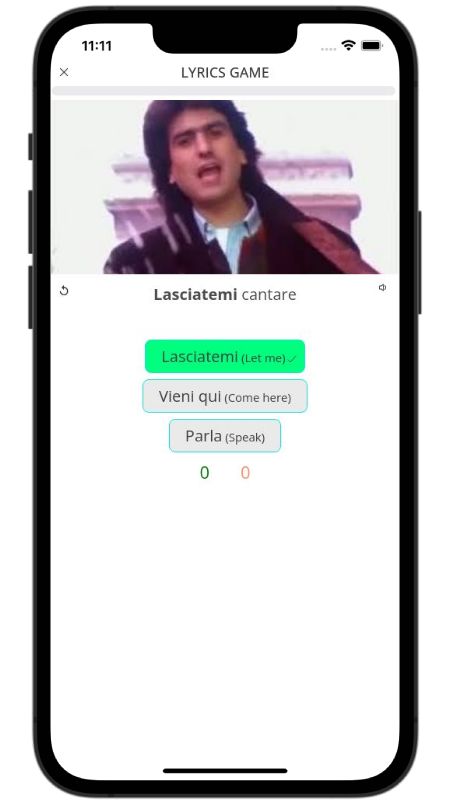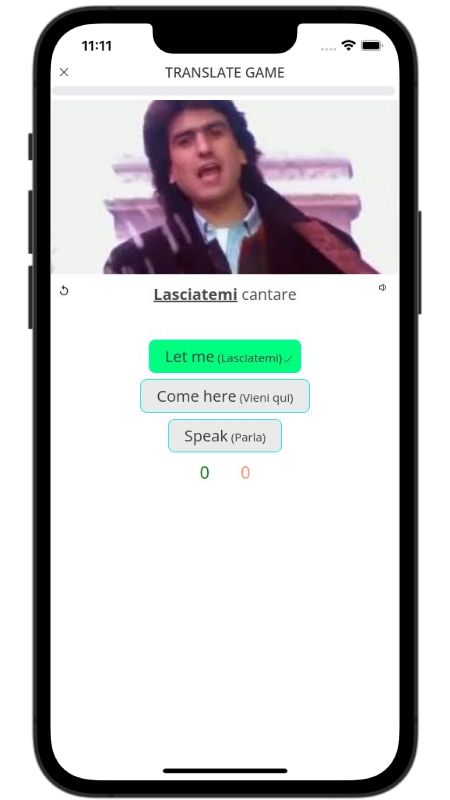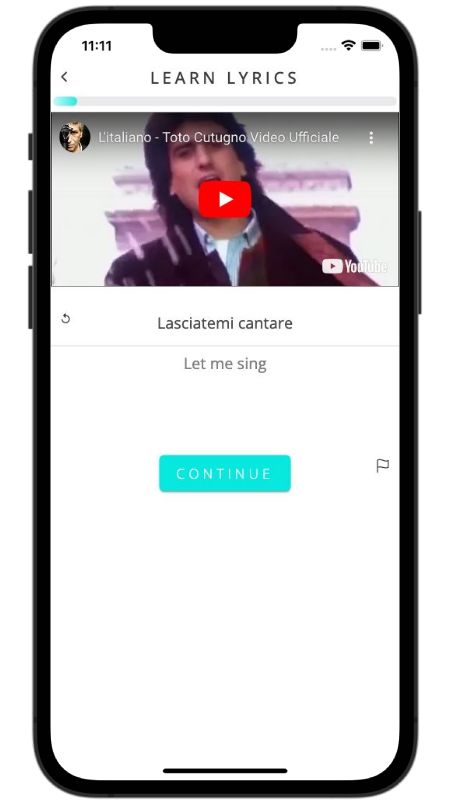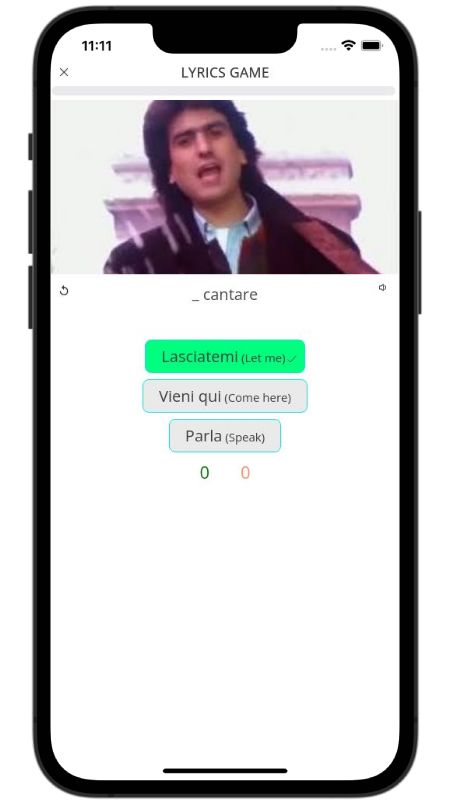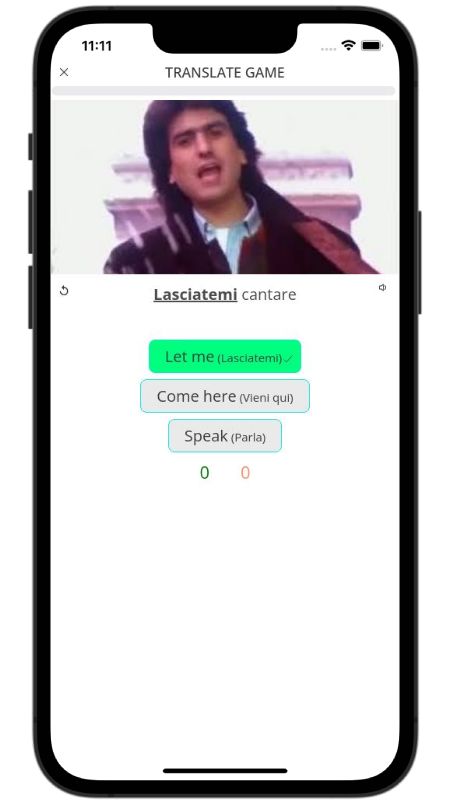Paloma Lyrics in English Fred De Palma , Anitta
Below, I translated the lyrics of the song Paloma by Fred De Palma from Italian to English.
Tell me everything's just like it seems now
That our life's gone back to how it was
And if I look out the window
The sun's still warming the world as it spins
And you're like that melody
'Cause I've always got you in my head night and day and you won't go away
Tell me that despite everything you're mine
That I wanna give a name to all this nostalgia
This night calls
The wind blows your voice all the way here
They sing Paloma through the streets like in Medellin
Doesn't matter if
You're a song that knows my name
Who cares if
The night's still long
I was waiting for dawn and waiting for you, you
I saw you there alone
And I wondered if someone so beautiful falls in love
With a guy who grew up among the buildings in that area
But you told me everything without saying a word
Sorry if I'm going fast
Uebecita, wanna dance tonight?
I feel my heart flip over
And it's never beaten this hard
This night calls
The wind blows your voice all the way here
They sing Paloma through the streets like in Medellin
Doesn't matter if
You're a song that knows my name
Who cares if
The night's still long
I was waiting for dawn and waiting for you, you
Just touch me even for a second
And the rough sea then turns calm
I want your eyes to look at the world
And your lips to forget it
I'd like to take you with me
Where none of our fears can hurt us
Doesn't matter if
You're a song that knows my name
Who cares if
The night's still long
I was waiting for dawn and waiting for you, you
Lyrics and Translations Licensed & Provided by LyricFind
Did you like this lyrics translation?
Did you know?
In addition to reading lyric translations, you can now learn Italian with music and lyrics from your favorite artists.
No more boring lessons. You can now learn with engaging and culturally relevant lyrics from the best artists.
Apple and App Store are trademarks of Apple Inc.
Google Play and the Google Play logo are trademarks of Google LLC.
iOS AppAndroid AppWeb LessonsFree PDF WorksheetsJoin ClassroomLyrics TranslationBlogAbout UsBuy as GiftLifetime


